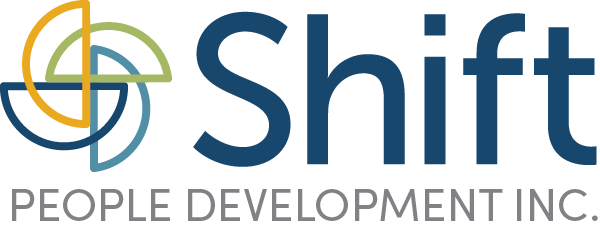Getting curious about how you feel.
I don’t remember exactly how or when I discovered emotional intelligence. I do remember that about five years ago I was on a journey to learn how to ‘let go’ of what I thought life should look like so I could fully embrace what was really possible for me. I discovered the science of emotions and began studying how I could use emotional intelligence to help myself and others.
Over the past two years I have delivered many presentations, seminars, and keynotes on the impact of emotional intelligence on success, well-being, leadership, learning, and even safety in the workplace. I have also worked one-on-one with professionals and leaders to help them harness the power of their own emotions to have more success in their lives and careers.
The first question I always get of course is “So, what exactly is emotional intelligence”? Whether I am on stage or sitting with a potential client I always start with the same textbook definition:
“Emotional intelligence is your ability to identify and manage your own emotions as well as the emotions of others.”
Sometimes I also add in that ‘EI is your level of awareness of how your emotions impact how you see yourself, deal with challenges, make decisions, and develop and maintain interpersonal relationships’. People understand these definitions but I can tell that they don’t really form a deep connection with what emotional intelligence really means for them in the day-to-day functions of their life and work.
Over the past two years I have created and collected several definitions of emotional intelligence that capture more of what it really means for us when we manage our emotions intelligently. Here are some of those definitions:
Emotional intelligence is…
- The on-going practice of learning how to engage with yourself and the world.
- The secret to finding your ultimate source of personal power.
- Breathing deep so you can create the space you need to make decisions that are aligned with your values. (Adapted from Brené Brown, Rising Strong)
- Paying attention so you can choose your response and show up as the best version of you.
- The ability to articulate your own needs and maintain healthy boundaries with others.
- What could be if our best selves showed up whenever we were angry, hurt, or scared. – Brené Brown, Rising Strong
- Moving from your first response to deeper thought. – Brené Brown, Rising Strong
- Questioning the ‘story’ that you are telling yourself.
- Giving others the benefit of the doubt and assuming that everyone is doing the best they can with what they’ve got.
- The process of ‘tuning in’ to how you feel, getting curious about what those emotions mean, and using that information to guide your behaviour.
- Being heard above the noise because you know what you are good at and how you add value.
- Asking, “What is going on for you?” instead of “What is wrong with you?”
- Making decisions based on what is best for you and what you really want not based on what others expect of you.
- Leading with your whole self.
- Recognizing that you will have a bad day sometimes (and so will others) and that’s ok!
As you can see several of these definitions are taken from the work of Brené Brown. Brené never actually uses the words ‘emotional intelligence’ in her books yet she captures exactly what is possible for all of us when we own our story and our emotions so we can choose how we show up everyday. That is emotional intelligence in action. I hope you find meaning and connection within some of these definitions so you can better understand what it means to manage your emotions intelligently.
Did I miss anything? Do you have your own definition of emotional intelligence? If so, please feel free to share in the comments section or tweet me @corinawalsh.
If you would like to learn more about emotions and how to manage them download Corina’s free e-book!

